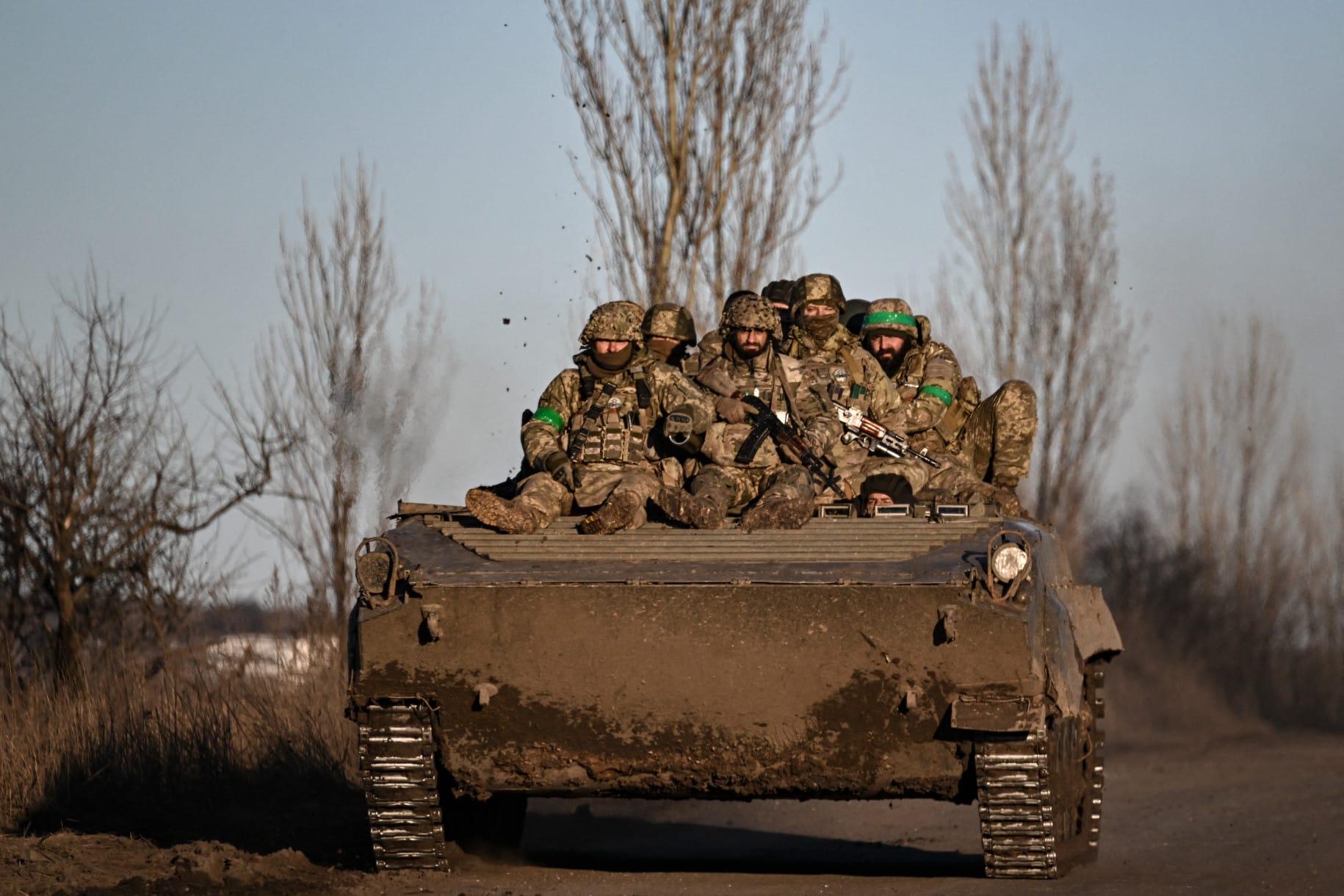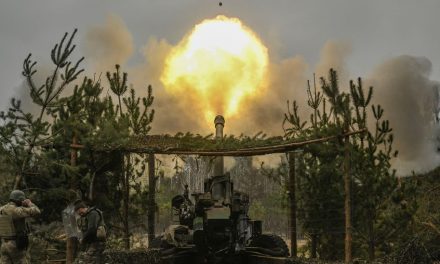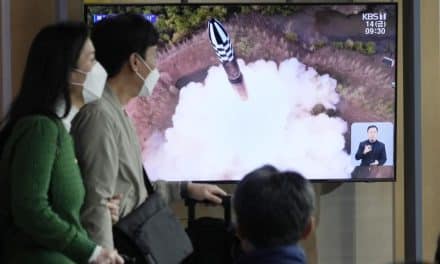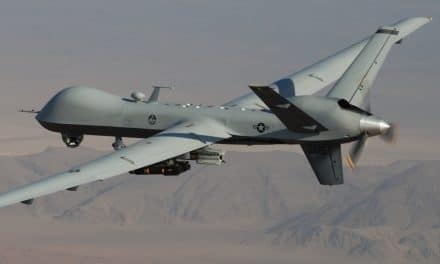As of March 13, 2023, the ongoing conflict between Russia and Ukraine continues to escalate, with reports of increased fighting and casualties on both sides. The conflict began in 2014 when Russia annexed Crimea and has since evolved into a wider war, with Russia supporting separatists in eastern Ukraine.
In recent weeks, tensions have risen as Russia has increased troop movements near the Ukrainian border and conducted military exercises in the region. Ukraine has accused Russia of planning an invasion, and the international community has expressed concern about the potential for a wider conflict.
On March 3, 2023, Ukraine declared a state of emergency in several regions, citing the threat of a Russian invasion. Ukrainian President Volodymyr Zelensky has called on the international community to support Ukraine in its efforts to defend itself against Russia.
In response, the United States and European Union have increased sanctions on Russia, and NATO has pledged its support for Ukraine. However, Russia has accused the West of interfering in the conflict and has warned against further escalation.
The situation remains tense, with both sides showing no signs of backing down. The conflict has had a devastating impact on the people of Ukraine, with thousands killed and many more displaced. The international community continues to call for a peaceful resolution to the conflict, but the path forward remains uncertain.
In conclusion, the ongoing conflict between Russia and Ukraine continues to be a source of tension and instability in the region. As the situation continues to develop, it is important for the international community to remain engaged and work towards a peaceful resolution to the conflict.





